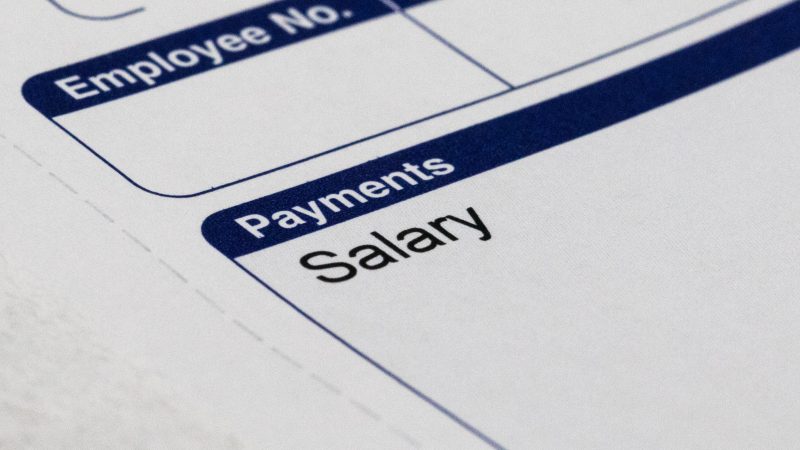'Like rearranging the deckchairs on the Titanic.'

Plans are reportedly being considered which could see millions of teachers, nurses and civil servants offered higher salaries in return for lower pensions.
The proposed reform is aimed at retaining public sector staff and averting future public sector strikes over pay. But it has been criticised by unions, who have labelled it “dangerous.”
Richard Munn, Unite’s national health officer, said: “This is nothing more than rearranging the deckchairs on the Titanic. The real issue is about providing more investment in public services. Lower pensions would force workers to work even longer, when too many are already being forced out of the health service before reaching pension age due to illness.”
The National Education Union (NEU) warned that the model would force public sector employees to choose between “poverty now or poverty in retirement.”
The British Medical Association (BMA) said it would have “serious concerns” if doctors’ pensions were being considered.
In December, the government began setting salaries for 2025/2026, with chancellor Rachel Reeves announcing that most public sector workers would receive a maximum pay rise of 2.8 percent, just 0.2 percent above projected inflation.
In response, unions have threatened further strikes unless the proposal is revised.
A decision on the pay and pension reform has not yet been made and former chancellors are reportedly sceptical of the idea. But it has the backing of former cabinet secretary Lord O’Donnell, who argues it is a ‘win-win’ which would save the Treasury money. He said:
“If you increase a civil servant’s pay by £1,000 you could reduce the net present value of their pension by more than £1,000, which makes debt more sustainable but would also be a trade-off that makes sense to the civil servant because having that money upfront will mean a bank gives them a mortgage.”
Disputes over pay have led to recurring strikes in hospitals and schools. Thousands of NHS nurses leave the UK each year for better-paying jobs abroad, while more than a quarter of state school teachers abandon the profession within the first three years.
Cat Little, secretary at the cabinet office, is reviewing “the balance between pay and pensions,” and has started discussions within the government about offering staff more flexibility.
But Steve Webb, a former pensions minister, warns that while a pay rise in exchange for pension cuts may appear cost-neutral, it “brings forward costs” for the government. Since no money has been set aside for pensions, any savings would only not happen until today’s workers retire, while the additional cost of higher wages would be felt immediately.
Left Foot Forward doesn't have the backing of big business or billionaires. We rely on the kind and generous support of ordinary people like you.
You can support hard-hitting journalism that holds the right to account, provides a forum for debate among progressives, and covers the stories the rest of the media ignore. Donate today.



